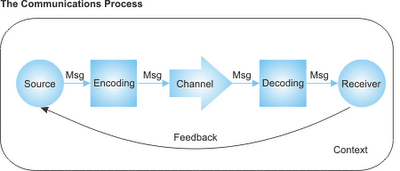Characteristics of Grammar (English Creoles vs. Caribbean Standard English)
-->
-->
English Creole uses:
1. Unlimited count nouns with generic meaning, for example, woman sweet. Whereas Caribbean Standard English (CSE) pluralizes count nouns with generic meaning, for example, women are sweet.
2. Unmarked action verbs with past time reference, for example, him kiss mi and run weh. Whereas in CSE action verbs with past time reference are marked, for example, he kissed me and ran away.
3. Preverbal markers to indicate time for example, ben/bin/wen/did (past marker), go (future marker), a (marker of continuous and habitual), does (marker of habitual). Whereas CSE uses auxiliaries and suffixes, for example did/-ed (past), will/shall (future), -ing (continuous), simple present tense forms (cook, cooks)
4. Subject- adjective structures, for example, mi nice, di street wet. Whereas CSE uses Subject- copula-adjective structures, for example, I am nice, the street is wet.
5. Subject-verb word order in question formation, together with rising intonation, for example, you done wash di clothes? Whereas CSE inverts the subject and auxiliary in question formation together with rising intonation, for example, have you finished washing the clothes?
6. Front-focusing of different parts of the sentence for emphasis, tired a tired, is di chicken he burn. Whereas CSE has pitch-emphasized parts, for example, I am tired, he burned the chicken.


